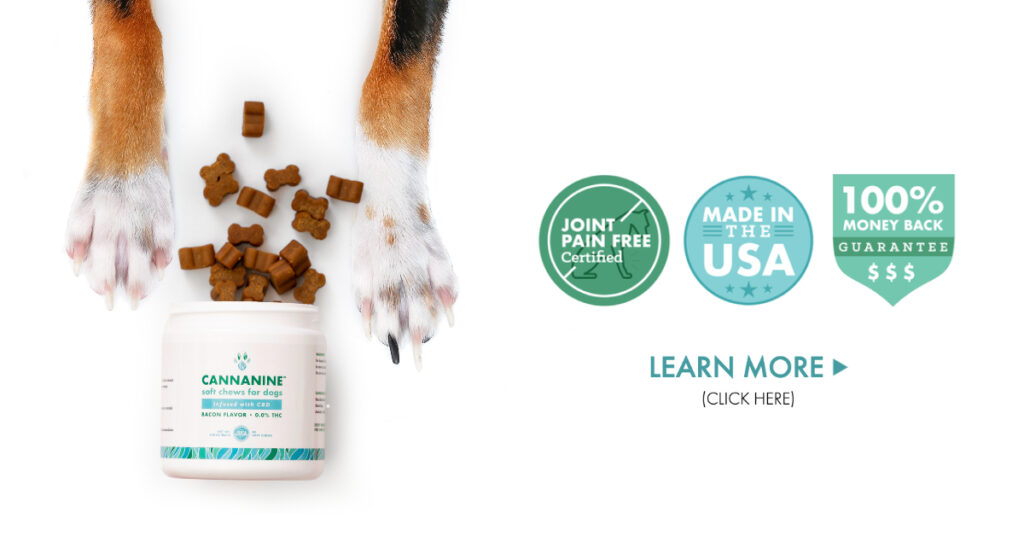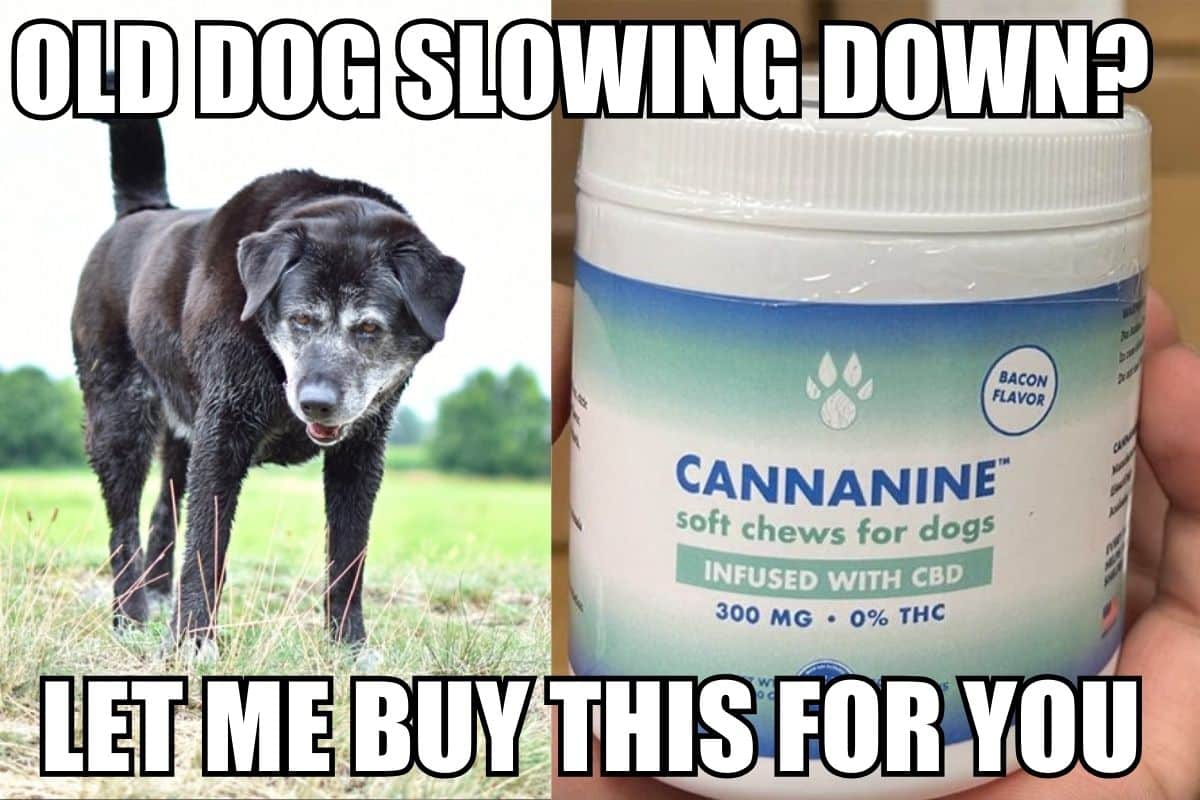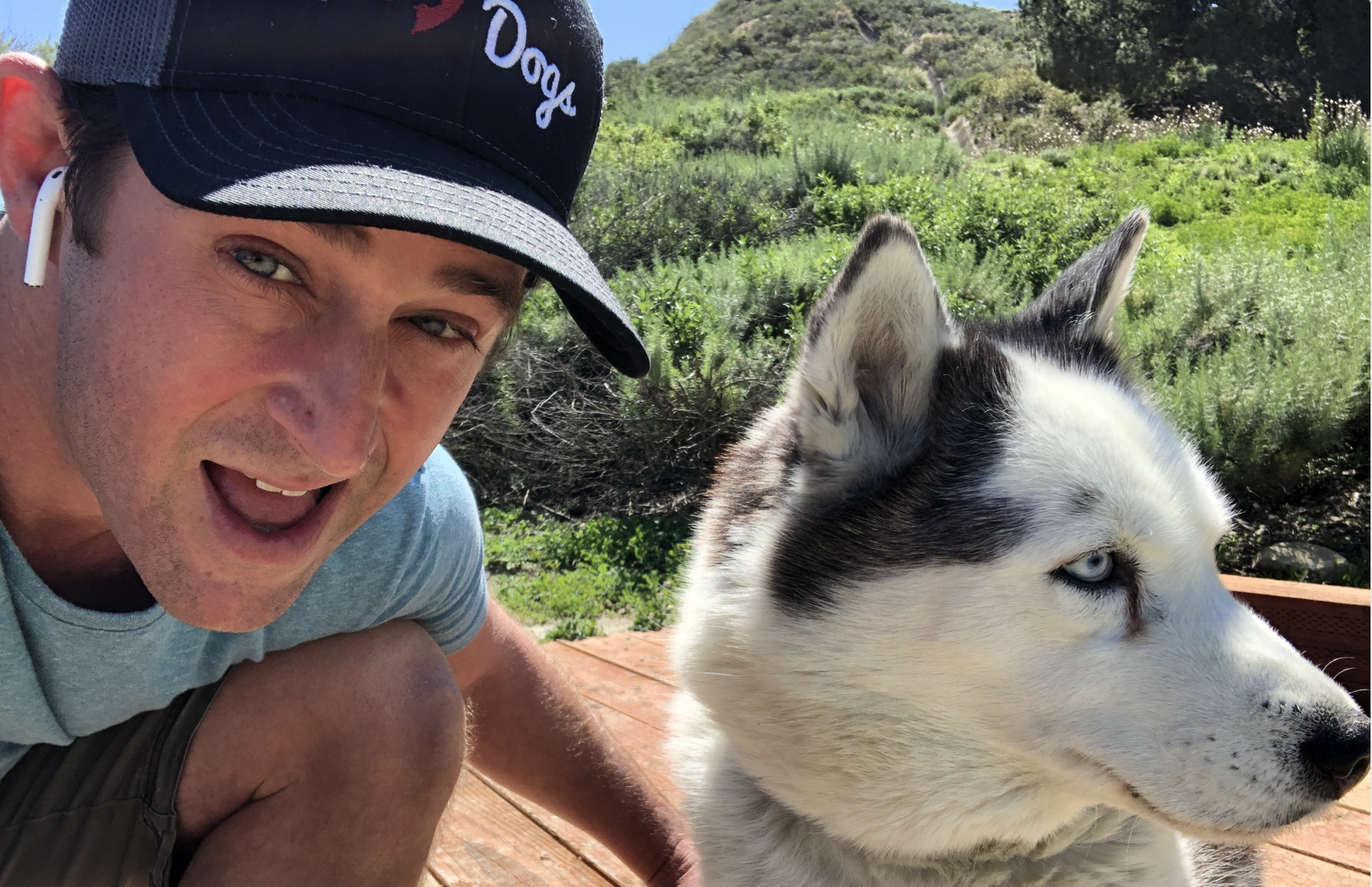
Is Your Dog Suffering In Silence From Joint Discomfort?
With no voice of his own, there’s a lot you probably don’t know about your dog. He can’t tell you what he’s thinking or how he’s feeling, but it’s your responsibility to figure it out anyway. Sometimes it’s as easy as filling up a bowl of food, but more often, your dog’s secrets are harder to uncover.
Joint discomfort is one of those secrets dogs are especially good at hiding. They live with discomfort for months and even years without their families knowing. As they fight to mask their discomfort, it gradually gets worse. Eventually, the discomfort is so bad they can no longer pretend everything is okay. By this point, there isn’t a lot that can help—the damage is done.
You can avoid this scenario by paying close attention to your dog’s behavior and actions. He might be giving you subtle clues that something isn’t right. It’s your job to answer the question, “Is my dog suffering from joint discomfort?”
What Causes Joint Discomfort?
Joint discomfort most often affects older dogs, but that doesn’t mean younger dogs are immune. Dogs as young as one year old can struggle with discomfort in one or more of their joints. Regardless of age, joint discomfort happens because the cushion in the joints (called cartilage) wears away.
In healthy dogs, cartilage is supple and elastic and allows the bones in joints to move freely and without discomfort. As that cartilage deteriorates, it loses its lubricating properties. The bones are left to grate and grind against each other. This causes inflammation that leads to discomfort and inhibited movement.
Damage to the cartilage is progressive, and once it starts, it cannot be undone. It can only get worse until the cartilage is completely gone. Sometimes it starts with an injury that puts extra strain on a joint, and other times, genetics are to blame. Most often, however, cartilage suffers from normal wear and tear as a dog ages. The hips, knees, shoulders, and elbows are the joints most commonly affected, but joint discomfort can happen anywhere, including the spine.

Is Your Dog Suffering?
For dogs, hiding discomfort is instinctual. Researchers think it relates back to life in a pack where weak pack members risked slowing down the pack or being left behind. You know you would never leave your dog behind because of joint discomfort, but that doesn’t change his instinct to keep quiet. He does his best to hide it, but there are subtle hints that a dog is suffering. Here are a few of the most common signs:
- Unwillingness to exercise or do other activities they used to enjoy
- Slow to stand up
- Trouble climbing stairs
- Limping
- Yelping or whining when touched
- Obsessive licking of specific joints
- Sudden and unexpected aggression
As the discomfort gets worse, so will these symptoms. If you notice your dog showing more than one sign on this list, there’s a good chance he’s secretly suffering.
What You Can Do About It
Once a dog starts experiencing joint discomfort, there is no cure. It will be something they’ll have to cope with for the rest of their life. But that doesn’t mean they have to live the rest of their life in discomfort. There are several ways to control and manage your dog’s joint discomfort. The first step is to talk to your veterinarian. Sometimes prescription medications can help, but also talk to your vet about more natural ways to bring your dog relief.

Weight Management
Obesity not only makes joint discomfort worse, it can even be the cause. Joints are in charge of holding up the body, and when that body has a lot of extra fat, the job gets significantly more difficult. Extra weight puts unnecessary strain on your dog’s joints, and it can hasten the deterioration of cartilage. You can slow it down by helping your pup stay at a healthy weight. Talk to your vet about what his goal weight should be and what you can do to get him there.
Regular Exercise
Whether a dog suffers from joint discomfort or not, regular exercise is always an important part of their health. For your dog suffering from chronic joint discomfort, moving around on a daily basis will help keep joints moving smoothly.
It’s important to remember, however, not all forms of exercise will be good for your dog’s joints. Fast running, long walks, and jumping will put too much strain on his compromised joints. That kind of intense exercise can make discomfort worse. Talk to your vet about safe forms of exercise like slow walks and swimming.
Dietary Changes
Your dog’s diet can help relieve his joint discomfort if you know what to feed him. Most vets recommend a dietary supplement including glucosamine with chondroitin. Glucosamine is one of the main “ingredients” in cartilage. It has lubricating properties that can help keep joints moving smoothly.
A daily dose of glucosamine in your dog’s dish won’t regrow his cartilage, but it will help protect what he still has. For a good supplement, check out Happy, Healthy Hip & Joint collection at iHeartDogs.com.
Mobility Chews for Joint Discomfort Relief in Dogs
When the Cannanine oil is absorbed by the body, it bonds with specific receptors that are part of the body’s endocannabinoid system. Over 1,400 5 star reviews, this is what pet parents are saying about these chews for joint discomfort relief:
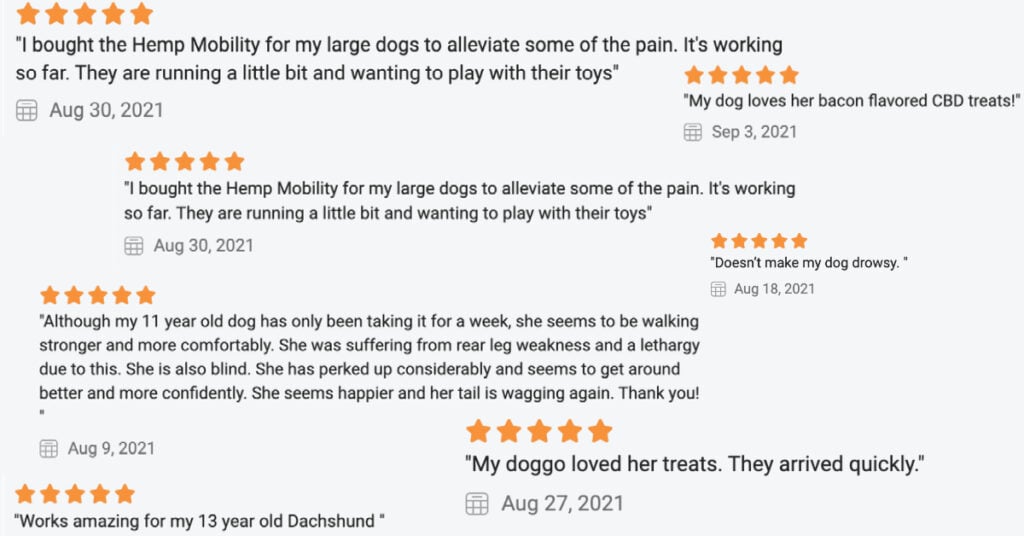
Responsible for all health and healing, the endocannabinoid system has receptors all throughout the body. They communicate in ways that trigger specific reactions to correct imbalances and promote healing. In the case of joint discomfort, Cannanine oil instructs the body to reduce inflammation that causes discomfort. The result is less discomfort in the joints so the dog can move freely and easily.
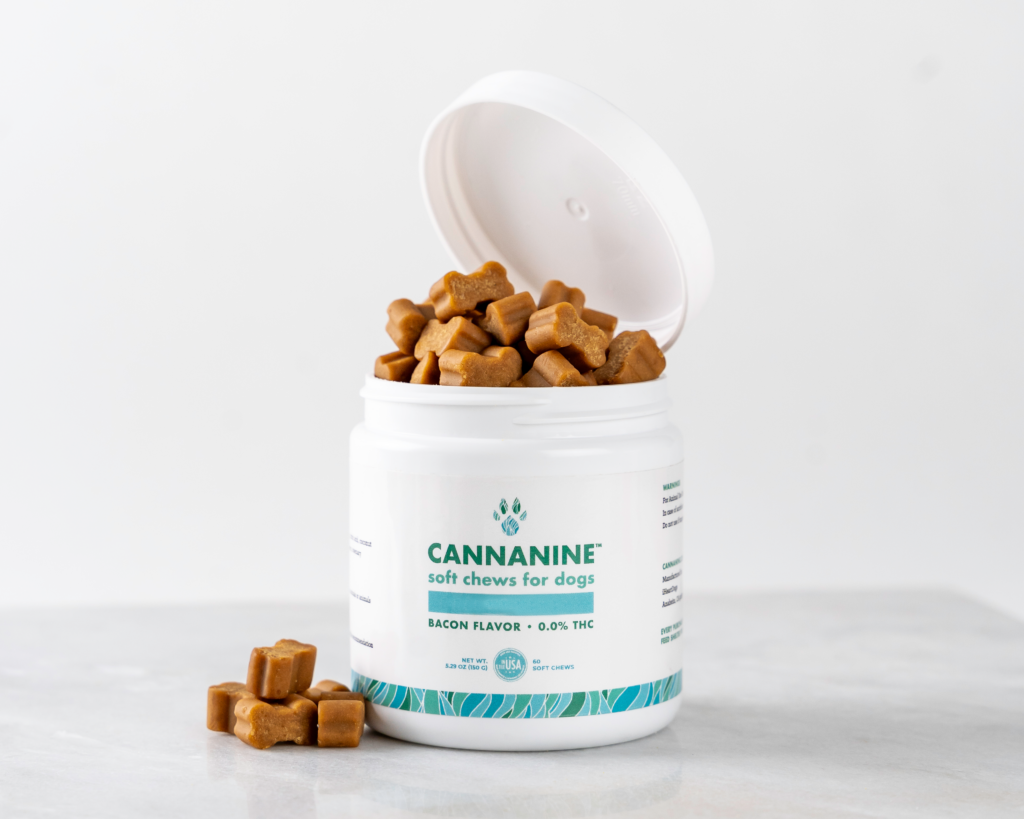
Choosing Chews for Your Dog with Joint Discomfort
Cannanine chews are always veterinarian-formulated, with a public Certificate of Analysis, and unlike other companies our products are 3rd party tested. That’s one of the reasons Cannanine won The Clean Label Project: Purity Award.
Cannanine is safe, easy to use, and picky-eater approved.
- Made in the USA
- Non-GMO
- 3rd Party Tested
- Human-Grade Ingredients
Not only are you helping YOUR dog with every jar of Cannanine Chews, but your purchase funds 7 healthy meal donations for shelter pets in need. Isn’t that awesome?
IN THE PRESS 
Cannanine.com is 100% committed to your satisfaction! If an item does not meet your expectations, we would be happy to exchange or refund within 90 days of your order date (…and your donation will still go to shelter dogs in need)!
These statements have not been evaluated by the Food and Drug Administration. This product is not intended to diagnose, treat, cure, or prevent any disease. The information on this website is not intended to replace a one-on-one relationship with a qualified healthcare professional.


